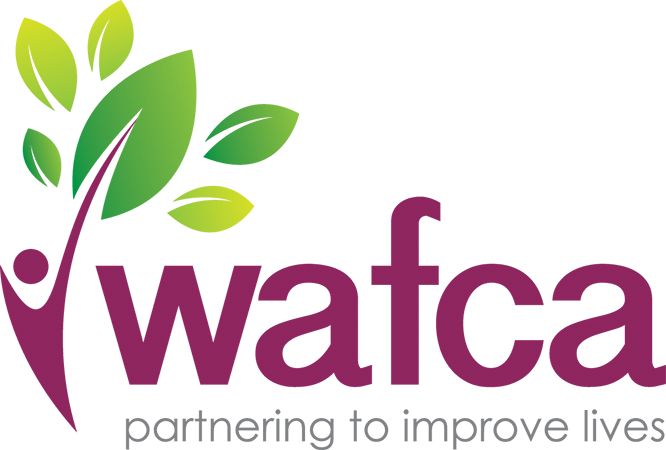State PolicyWAFCA maintains strong relationships with, and serves as a resource to, state agency leaders, legislators, counties and coalitions throughout Wisconsin. In service to our members, we curate information that impacts the sector so that it's easier for them to stay informed, navigate shifts in policy, and take action. Below you will find current state updates, WAFCA advocacy priorities, and select resources. Consider membership if you are interested in becoming part of a network dedicated to improving policy and lives! WAFCA Action/Testimony 2025-262025-27 Biennial Budget
WAFCA Bills of Interest 2025-2026 Legislative SessionPOLICY RESOURCES/COALITION PARTNERSWISCONSIN LEGISLATIVE RESOURCESLATEST FROM WISCONSIN STATE AGENCIES |

